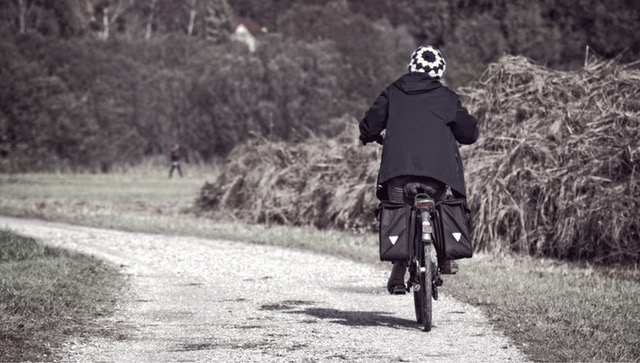The years have a way of taking their toll on our bodies. All that time spent being weighed down by gravity – by the time we reach retirement age, it’s inevitable that we’re going to start to feel the impact.
Image Credit: Pexels
One of the great cliches about getting older is that you lose mobility and suffer from “aches and pains”. Where you might have once been able to do 10 handsprings in a row, by the time you’re 65, reaching for the remote is about as much of a workout as you fancy. Or so we’re lead to believe by pop culture- in fact, it’s relatively simple to keep yourself mobile for far longer than you might have ever imagined. All it takes is a little work – but given the pay-off, that’s got to be worth it!
1: Get Your Healthcare Straight
As soon as you reach the age where you start to worry about the effects of age on your body, it’s important to get your healthcare needs satisfied. That includes finding a doctor you feel comfortable seeing, consulting with a Medicaid Planning attorney if necessary, learning your financial requirements, and knowing what medications you are on and why.
Write all of the above down in a special notebook and keep it to hand. While the whole idea is to keep yourself not needing those things, sometimes, you might injure yourself or require treatment – and you need to know you’re going to be covered for it if so.
The most important in that list is to find a doctor that you feel comfortable with. You need to be able to feel you can be honest, discussing things with someone who knows your history, and whose clinical expertise you trust. Going into the later years of life, you’ve earned the right to be selective – there’s nothing wrong with ‘auditioning’ doctors until you find someone you’re happy with.
2: Start Yoga
You might have heard this before, but that’s because yoga is incredibly beneficial to our joints and body as we age – and the sooner you begin, the better. Not only does it take time for your body to adjust to yoga, but you also should start practicing keeping a routine of it as soon as possible.
Given that so much of the loss of mobility in older age is down to a loss of suppleness, it’s easy to see why yoga is such a beneficial pursuit. Don’t dismiss it until you’ve tried it – aches and pains don’t have to be a way of life when you reach a certain age, so why not give it all you’ve got to try and stave them off?
3: Be More Careful
Some of us have a tendency to effectively refuse to believe that we’re getting older. We try to do the same things we once did, risking injury and ill health in the process. As we age, we’re more likely to break bones from seemingly innocuous incidents – so be aware of this and be more careful. That might sound simplistic, but accepting this part of aging is actually vital to aging comfortably – so don’t fight it. Doing so could guarantee an old age of aches and discomfort where there doesn’t need to be one.
This applies on another level, also: be more careful with your health management. If you need medical help, it’s important not to wait. Go and use that notebook you compiled and seek help rather than just assuming and/or hoping the problem will clear up. It might well do – but it’s your retirement, so don’t leave anything to chance.




Great job on the content! It’s clear, informative, and really helpful for anyone looking to learn more.
Regular truck brake maintenance is essential for ensuring safety and optimal performance on the road.
Routine checks and timely repairs prevent costly issues and keep your vehicle running smoothly.
brake maintenance